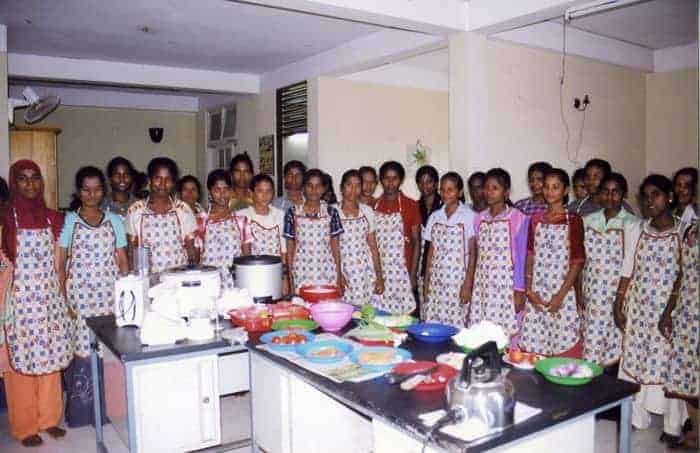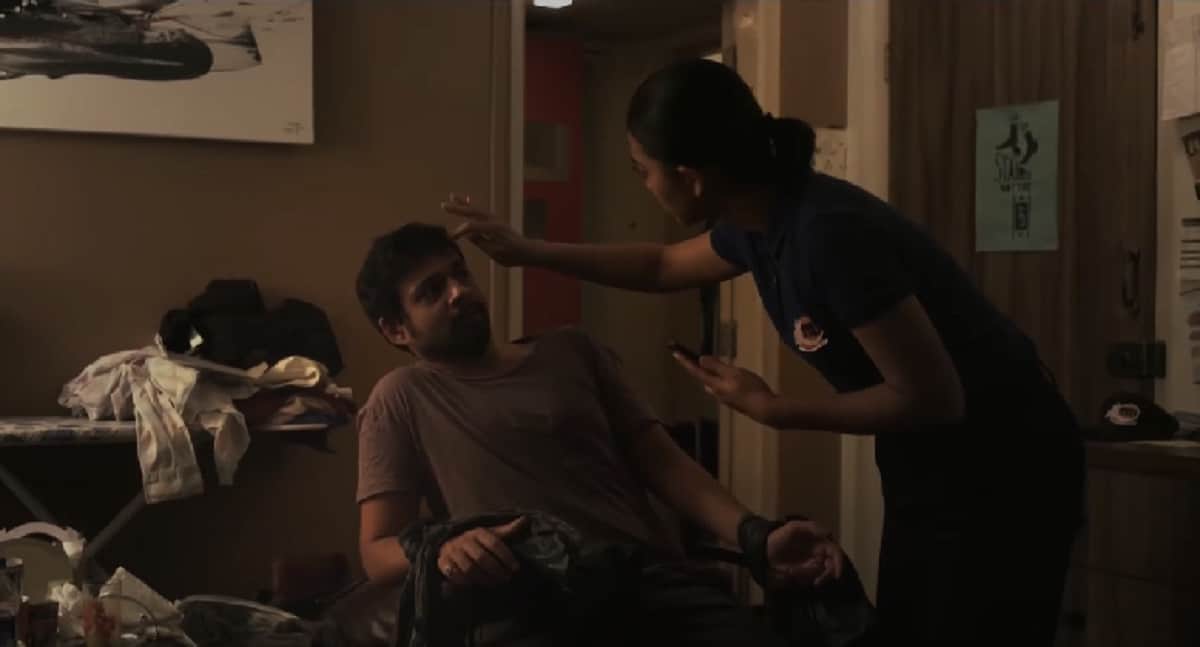The concept of various women, mostly from the poor ASEAN countries, moving to other Asian countries to work as housemaids, is one that has been “tormenting” a number of directors, with Erik Matti and Eric Khoo being two of the latest. Dima Al-Joundi presents a documentary that sheds as much light as possible on the issue, through a rather thorough presentation.
The particular focus of the film is on women from Sri Lanka who end up working as house maids in Lebanon, with Al-Joundi tracking their path from the very beginning to the very bitter end, through the stories of three of them, Sahika, Janika and Anne-Ritta. The story begins with the recruiters, who go into poor villages and ask for the women who cannot even afford to bury their dead, since they are the main targets of their “campaign”. The contracts these women sign, which in essence bring them a significant debt before they even start working come next, followed by the training they undergo in order to learn about all kinds of house chores.
The true shock for them, however, comes when they actually arrive at the houses they are to work for, since they realize that their passports are taken, they are locked inside the house, they have to work endless hours and all this for just 100 dollars a month! The stories of them being victims of extreme violence are also presented, as is the fact that those who manage to escape the houses they are employed in, occasionally meet a worse fate, with the incidents they face including various forms of violence, even rape on the street. As the testimonies of the women, the recruiters, a priest, lawyers, and officials who handle their departure papers are presented on screen, two even more shocking facts are revealed. First, that this is a definite form of modern slavery and secondly, that there are really a lot of people who actually consider the whole concept, normal.

Dima Al-Joundi presents the issue with every detail, through an impressive research that had her tracking the path of those women from Sri Lanka to Lebanon, and interviewing a number of people who shed light from every angle. At the same time, the calm voice of the narrator, the scenes of music and dancing, and the almost constant smile of one of these women who returned to Sri Lanka, do not allow the documentary to become sentimental, thus fulfilling the ultimate purpose of the medium: To inform, to educate, to make people think and to allow the viewers to shape their own opinion about the issue.
Catherin Poitevin and Jean Michel Perez's editing connects the various interviews and footage in a way that allows the documentary to unfold as a story, adding to the entertainment it offers, with the rather fast pace and the almost complete lack of unnecessary elements adding to that aspect.
“Maid for Sale” is an excellent documentary that highlights a very important issue in the most eloquent and measured fashion. A true lesson in documentary making.















